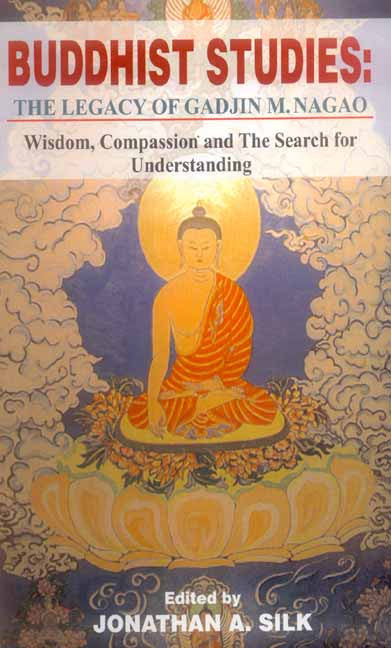Buddhist Studies: The Legacy of Gadjin M. Nagao
Buddhist Studies: The Legacy of Gadjin M. Nagao - Paperback is backordered and will ship as soon as it is back in stock.
Couldn't load pickup availability
The field of Buddhist studies is a truly international and interdisciplinary one. By its nature, the study of Buddhism must take into account phenomena that cross national and cultural boundaries, as well as the more artificial boundaries of modern academic fields. This volume presents eighteen studies, the subjects of which range over India,Tibet, China, and Japan, and deal with an even broader range of subjects. It includes many essays on Buddhist philosophy, a number of which deal with the Madhyamaka tradition of Nagarjuna and his successors, while others examine the Yogacara tradition of Asanga, Vasubandhu, and their successors. These essays investigate area of doctrinal interest such as the so-called "Two Truth" theory and the doctrine of the equivalence of nirvana and samsara, as well as such topics as the nature and practice of compassion and Indian Buddhist cosmology. Still other studies examine topics such as the meditation practices of the Japanese Pure Land founder Honen, some of the earliest Chinese Buddhist art objects yet known and their importance for the transmission of Buddhism to China, later Indian logic, epistemology and the theory of meaning, what we know about the earliest teachings of the Buddha, Tibetan manuscript traditions from one of the oldest surviving monastic libraries in the far western reaches of Tibet, several studies of the scriptural traditions of Mahayana Buddhism, and more.
Review(s)
About the Author(s)
-
Pages
-
Edition
-
Size
-
Condition
-
Language
-
Weight (kg)
-
Publication Year
-
Country of Origin
-
Territorial Rights
-
Reading Age
-
HSN Code
-
Publisher




